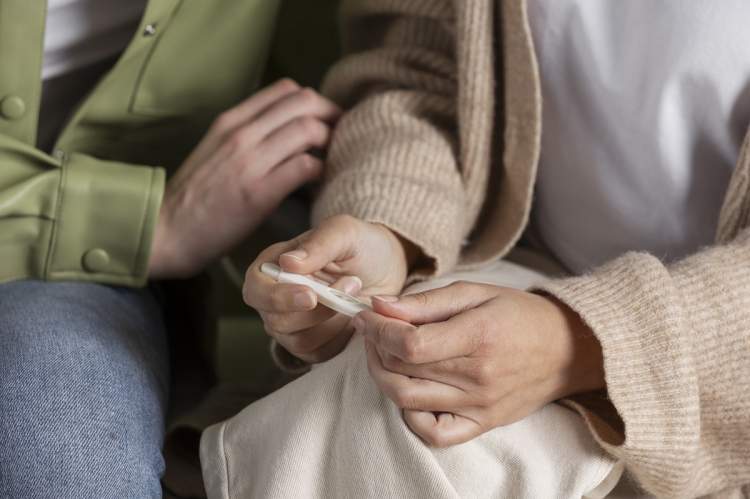Kaffarah, i.e. redeeming a sinful act with money or good deed
Fidyah (Arabic: الفدية (and Kaffarah (Arabic: كفارة (are religious donations made in Islam.
Its categories are:
- In case of unintentional murder
- Kaffarah of fasting
- Kaffarah of oath
- Kafffarah of Hajj
- Kaffarah of Zihar (Zihar was a shameful way of divorce in the pre-Islamic era. The husband only declared: "Thou art to me as the back of my mother". This was hold by Pagan custom to imply a divorce and freed the husband from any responsibility for conjugal duties. Such a custom was in any case degrading to a woman. This tradition was prohibited by Islam and the one who committed it was sentenced to compensation and Kaffarah.
We negotiate presently the fasting (notably in Ramadan), when is broken deliberately. If it happens unwillingly there is no Kaffara:

…. But there is no blame on you if ye make a mistake therein: (what counts is) the intention of your hearts: and Allah is Oft-Returning, Most Merciful (Quran 33:5)
The principle of Kaffara comes from the Hadith narrated by Abu Huraira:

While we were sitting with the Prophet (peace be upon him) a man came and said, "O Allah's Messenger (peace be upon him)! I have been ruined." Allah's Messenger (peace be upon him) asked what was the matter with him. He replied "I had sexual intercourse with my wife while I was fasting." Allah's Messenger (peace be upon him) asked him, "Can you afford to manumit a slave?" He replied in the negative. Allah's Messenger (peace be upon him) asked him, "Can you fast for two successive months?" He replied in the negative. The Prophet (peace be upon him) asked him, "Can you afford to feed sixty poor persons?" He replied in the negative. The Prophet (peace be upon him) kept silent and while we were in that state, a big basket full of dates was brought to the Prophet (peace be upon him). He asked, "Where is the questioner?" He replied, "I (am here)." The Prophet (peace be upon him) said (to him), "Take this (basket of dates) and give it in charity." The man said, "Should I give it to a person poorer than I? By Allah; there is no family between its (i.e. Medina's) two mountains who are poorer than I." The Prophet (peace be upon him) smiled till his premolar teeth became visible and then said, 'Feed your family with it."
By donating your Kaffarah one must be absolutely sure that every penny of the donation goes to feeding the people who need it most.
One is required to feed 60 poor people per fast missed or broken deliberately.
There is no specific time by which Kaffarah must be paid, however, the expectation is that it should be paid as soon as possible. Failing to fast during Ramadan without good reason is a serious dereliction of a divinely directed duty and should not be treated lightly or without reverence. Ideally, you should pay Kaffarah before the end of Ramadan.
There is no way to eliminate Kaffarah except by paying it. A single payment of Kaffarah is enough to cover several missed fasts. However, it is not in the spirit of Ramadan or Islam to take advantage of this.
Ramadan is the time that reminds us of the importance of charity, generosity, and the spirit of giving. It is the time of the month that reminds us all we have is ultimately a temporary gift from our Creator. Therefore, it is only apt and right that if we fail in our obedience to his commands, our recompense should come in the form of giving.
As can be seen from the Hadith, the extent of Kaffarah is bound to possibilities. The written rule has been described above, but not everyone is able to comply with it. Intention overrides everything. If someone dies and has not been able to comply with Kaffarah, one close to him/her can take it upon him/herself and fulfill it.





















